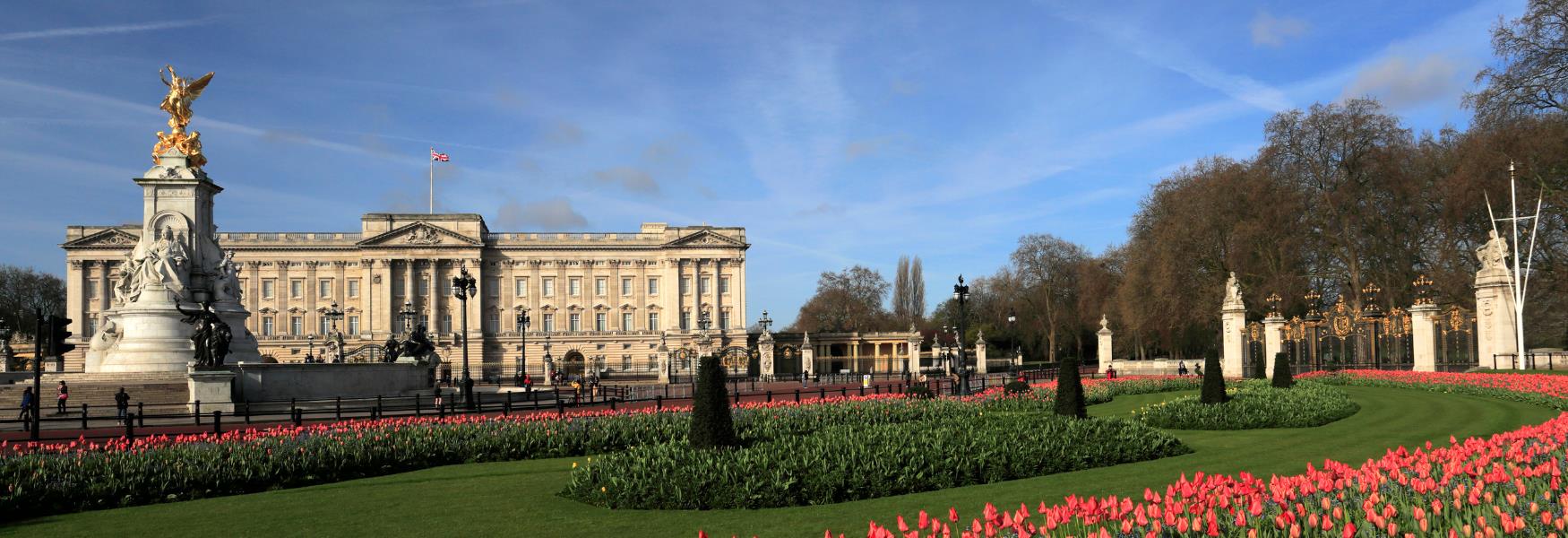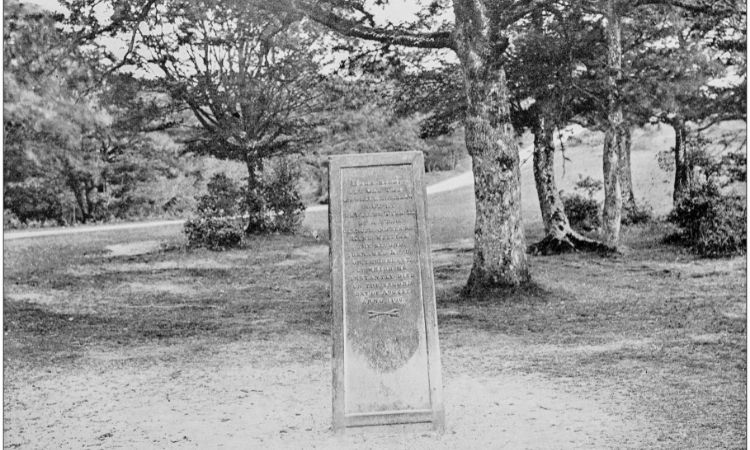To build your own Itinerary, click  to add an item to your Itinerary basket.
to add an item to your Itinerary basket.
Already saved an Itinerary?



You are here: UK History > Royal History > House of Normandy > William II | The Red King
The second Norman king of England was William II, aka William Rufus.
Born: c. 1056, Normandy
Died: 2nd August 1100, believed to be in his early 40s, New Forest, Hampshire, England
Reign: 26th September 1087- 2nd August 1100
Parents: William the Conqueror and Matilda of Flanders
Predecessor: William the Conqueror (father)
Successor: Henry I (brother)
Royal House: Normandy
While you might think that succession goes to the oldest son, when it comes to William I, he gave the English crown to one of his younger sons, with his lands in Normandy going to the oldest, Robert.
.jpg)
Image: William II
Relations between William I and his sons was fraught. He didn't get on with his oldest son, but his middle son, the younger William was loyal to his father. Known throught his life as William Rufus because of his red hair, William II ruled England from 1087 until 1100, when he was succeeded by his younger brother following highly suspicious circumstances.
William II was born in Normandy while his father was still Duke of Normandy and prior to the invasion of England. He was one of ten children and had three brothers to compete with, two of which were older than him. As a young prince, he successfully campaigned in Wales, subduing the Welsh king, Caradog ap Gruffudd, which would lead him to try and claim Wales as his own after being given the English crown. Following the death of his father, William II was crowned king on 26th September at Westminster Abbey. Much to the annoyance of his older brother Robert.
William I had a fractious relationship with his children, particularly his oldest son, Robert. Robert was rebellious - not in the growing his hair and starting to smoke kind of way, but in the siding with the enemy during a siege kind of way. Despite this, Robert was gifted the title of Duke of Normandy and all the lands that went with it as his inheritance. Another of the sons, Richard, pre-deceased William I and the youngest son, Henry, inheited a lump sum, rather than any lands or titles. Basically, William I left a lot of tension between his sons after his death. William Rufus and Robert argued over who should have the right to rule Normandy and England, the two of them regularly threatening each other's lands and attempting hostile take overs. At various points, they were both assisted by their younger brother Henry. Henry was the eventual winner, he ended up with the English throne, but more on that later.
During their various reigns, Robert and William alternated between fighting and teaming up to defeat and steal lands from their brother Henry. At one point, Robert even pawned the Duchy of Normandy to William to raise the funds for a crusade. William found the money to pay Robert by bringing in a very unpopular tax, upsetting his English subjects, but who cares about that when you have brothers to one up?
In fact, even without bringing in a tax to pay for Normandy, William wasn’t well liked. He had a difficult relationship with the church, especially with Anselm, the Archbishop of Canterbury, which resulted in William seizing his lands while Anselm was visiting the pope in Rome. Anselm probably should have expected that something like this would happen, William had a habit of keeping vacancies where there should be bishops so he could use the revenue that would have gone to the clergy for his own ends.
He also had issues with King Malcom III in Scotland. William tried to get the Scots to acknowledge him as their overlord, something that they didn’t take kindly to. Malcolm staged a revolt which led to a battle near Alnwich during which Malcom was killed by William’s forces.
According to contemporary historians, William II wasn't a popular king by any stretch of the imagination. It is acknowledged that he was a good soldier, but a ruthless ruler and it was thought that he scorned the English and would have rather have inherited Robert’s lands instead, something that became increasingly more evident after he took control of Normandy on Robert’s departure for a crusade.
Historians also believe that William was likely homosexual. He was never accused of such during his reign but as he never took a wife and was not known to have a mistress or any children, illegitimate or otherwise, this caused widespread rumours about his sexuality. It is possible that he took a vow of celibacy or chastity, but once ascending the throne, he would have been pressed to take a wife and the fact that he didn’t may well indicate that he had no interest in women. This was one of the reasons why his brother Henry was able to take the throne on his death, William had no heirs and hadn't named anyone to take his place.
Speaking of Henry, there is some controversy over his succession. William died in very suspicious circumstances and Henry’s haste to secure the throne has made many think that he might have plotted to have his brother killed.
On one of the rare ocassions that William and Henry were friendly, the pair decided to spend some family time together by going hunting. They, along with some nobles and members of their respective households, visited the New Forest on 2nd August 1100. At some point during the hunt, William was struck by an arrow that went through his lung - according to contemporary reports, the arrow was fired by one of his own men, Walter Tirel. Though whether or not it was Walter remains to be seen. What we do know for certain is that the entire hunting party left the king where he fell, Henry made straight for the Royal Treasury in Winchester, which is conviniently close to the New Forest. He then headed to London, where he was crowned before either of the Archbishops could arrive. William's body was later found by someone taking a walk through the forest and was transported to Winchester Cathedral.

Image: The Rufus Stone
Before his brother was even cold, Henry became Henry I and on being crowned, claimed that he would correct the wrongs of his brother. If you believe that Henry ruthlessly had his brother killed to take the throne of England, just you wait. He also went on to defeat Robert in Normandy, taking that land and keeping his brother imprisoned for the rest of his life.
Beaulieu Estate, Hampshire
This is the modern day location of that fateful last hunt.
Castle Riding, Yorkshire
The castle was given to William who then gifted it to a powerful noble.
Rochester Castle
William beseiged the castle in 1088 after a supporter of his brother took control of it.
Rockingham Castle, Northamptonshire
William II held his attempted reconciliation with the Archbishop of Canterbury here.
The Rufus Stone, near the village of Minstead.
It claims to make the spot where William fell.
Winchester Cathedral
William II’s final resting place.
© Visit Heritage 2025. All Rights Reserved

.png)


